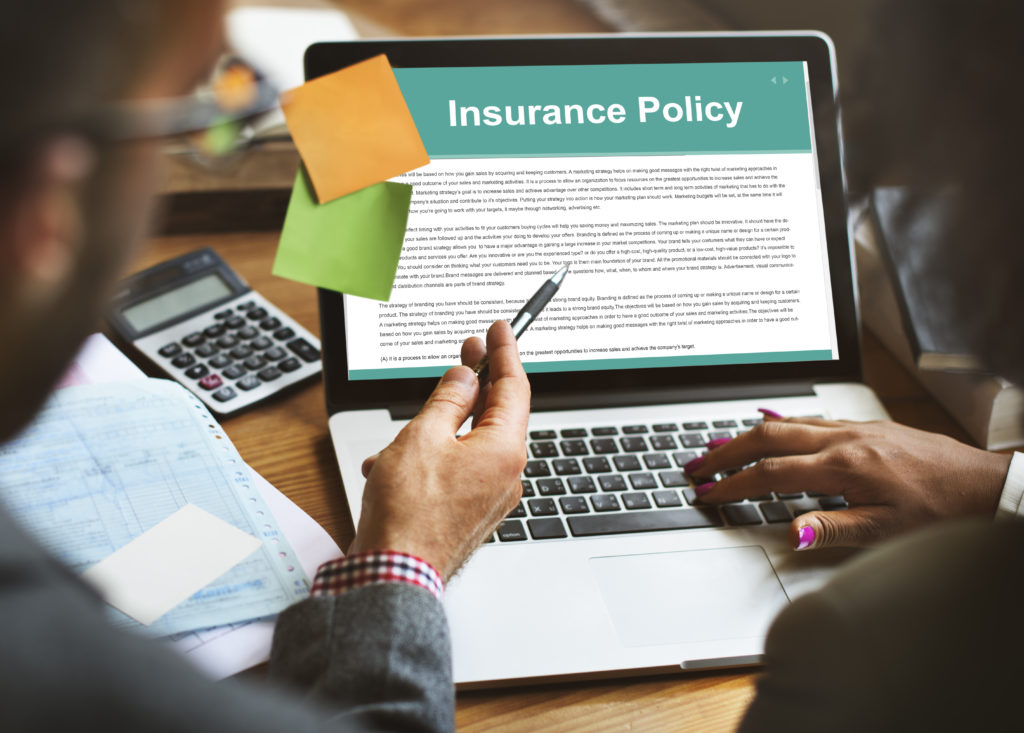What are the Types of Commercial Insurance? How Will They Protect My Business?

Running a business can be tough, and choosing the right type of commercial insurance can be even tougher. With the wide variety of agents, brokers, products, and services available today, making the right decision is difficult. Choosing the right products and buying them from the right agent often brings fear of the unknown and paralysis of analysis (or the paradox of choice). Cut through the weeds of insurance and streamline your business decision-making process.
Every business owner faces a significant risk to his livelihood every day. The potential for loss, lawsuit, and lack of legal compliance presents serious hazards to the day to day operations of the local (or any) business. This article will provide an overview of the most common types of commercial insurance to help you evaluate your risk and address it accordingly.
Property
Property insurance protects your business’s buildings and the personal contents inside of them. Many products/carriers offer additional coverage for loss of rent, business interruption, inflation guards, etc. Even if you do not own the building you occupy, you should purchase a property insurance policy to insure your personal contents in the building. Most property policies will have deductibles, coinsurance, and a total insurable value.
Liability
General liability insurance defends your business in the case of a lawsuit. Should you face a lawsuit, your general liability policy commits to cover defense costs and settlements up to the limit of your policy. General liability limits are usually split up into a premises limit, products/completed operations limit, and an aggregate limit. The aggregate limit is the most that the policy will pay out for all claims combined. The two sub-limits (premises and products/completed operations) are the most that the policy will pay out for individual claims (or individual occurrences). Most liability policies will have additional coverages for premises rented to you, medical payments, and some hired/non-owned auto liability.
Workers’ Compensation
Law requires Workers’ compensation insurance for all employers*. It provides a medical and lost wage benefit to employees who are injured on the job and relieves the employer of the risk of an employee lawsuit. If your employee is injured on the job, workers’ compensation insurance pays for medical expenses and lost wages until the employee is reimbursed for their loss.
*All construction employers who have 1 or more employees; all non-construction employers who have 4 or more employees.
Auto
Auto insurance offers coverage for both automobile liability and property damage. The automobile liability protects a company from any lawsuit stemming from the company’s use of a car. As with general liability, defense costs are not included in the policy limit and are not capped by the policy. Property damage protects a company from any damage to the company’s auto(s) subject to a deductible. Overall, the commercial auto policy combines liability insurance and property insurance regarding the company’s use of automobiles.
Employee Benefits
Many employers find that a key factor in attracting and retaining good employees is offering a balanced Employee Benefits package. There are multiple lines of coverage provided by the employee, such as Medical, Dental, Vision, Life, and Disability. Finding a broker is essential to helping the employer find the carrier that best fits the company’s needs and to help get the best price. If you are thinking of offering coverage for the first time, it can feel like you are navigating through uncharted waters when determining if you are in compliance with the Affordable Care Act’s regulations. Let your agent be the captain of your ship to help clarify what plans you need in place to be in compliance based on the size of your business.

